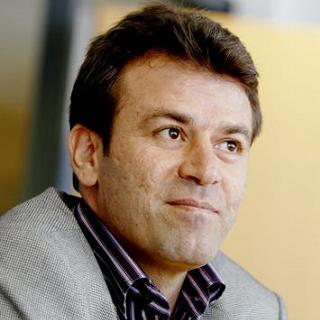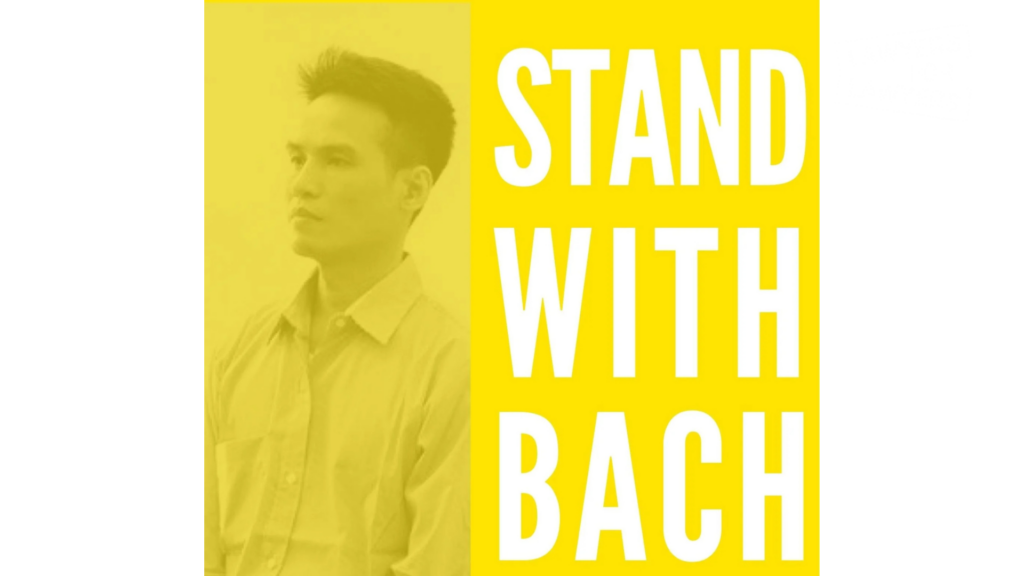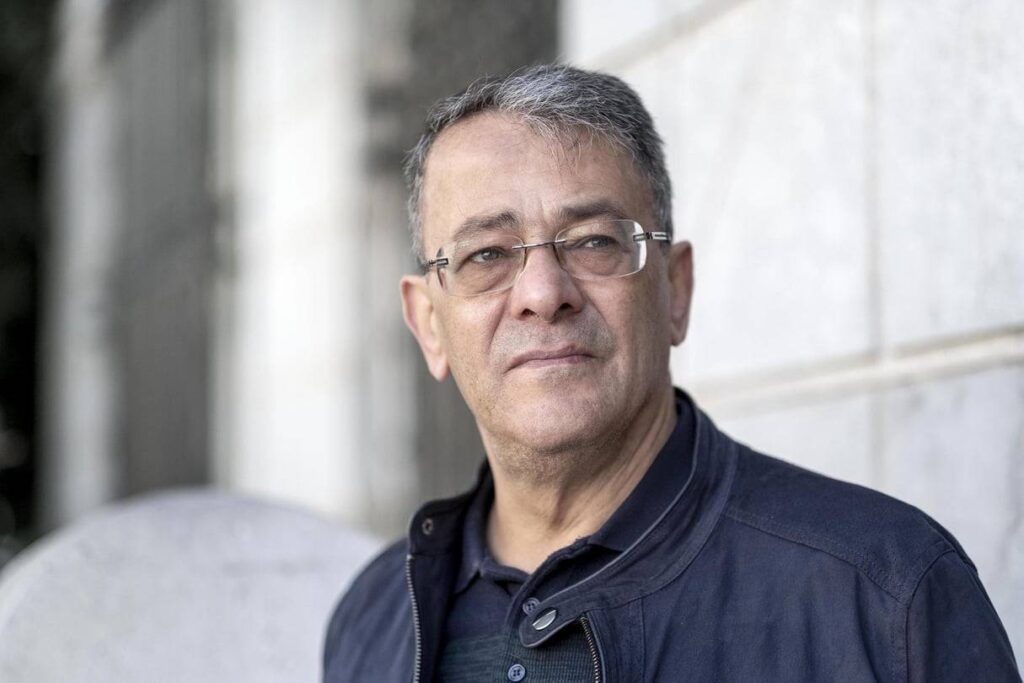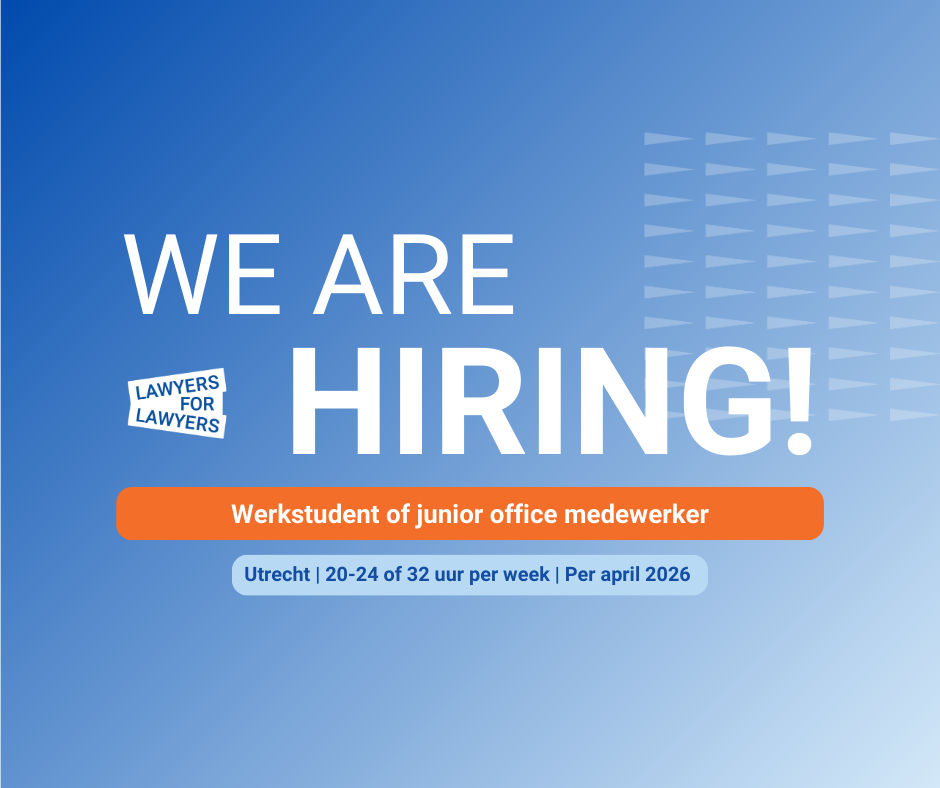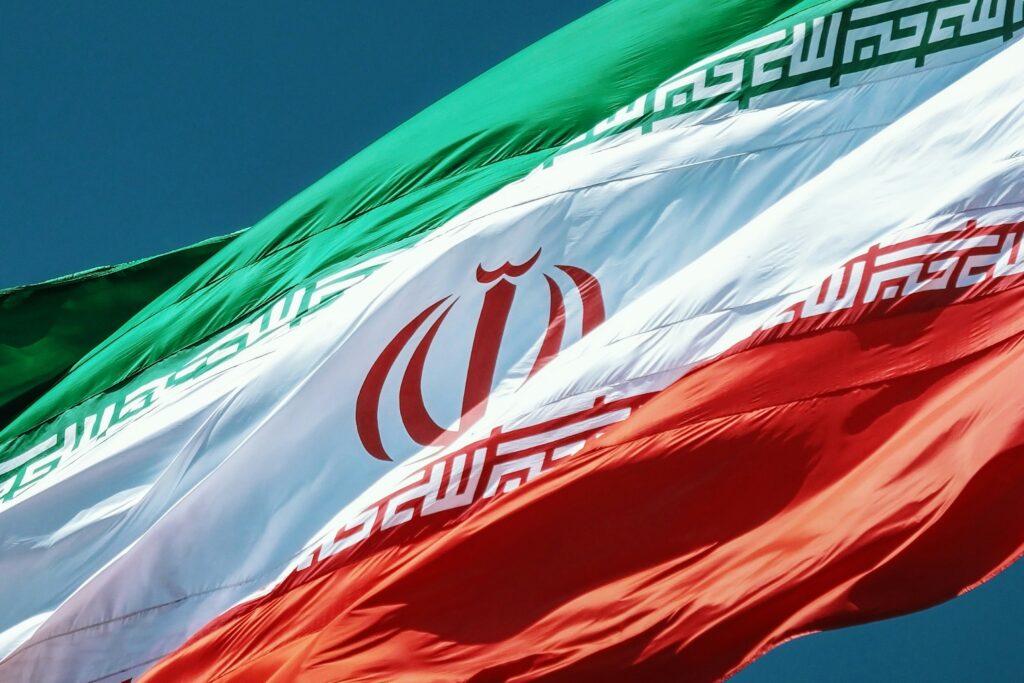The Iranian Human Rights lawyer Mohammad Mostafaei was given political asylum in Norway. Recently, he was in Amsterdam. He would like European lawyers to support their Iranian colleagues in human rights cases.
“In Iran it’s important to save other people. I saved 18 children and 19 adults from the death penalty and 13 women from death by stoning. I was helped by people from within the government. Some people working for the government are good. But some just love having a good government job and show themselves to be pious islamics. I called the sentence by which my client Sakineh Ashtiani should be stoned to death a bogus sentence. Some are not happy with that. Now my colleague Houtan Kian, who took over the case, was arrested because he would have spoken with two German journalists. We don’t know how he is.
There are two types of judges in Iran: those who practice law by the laws that are written and those who work from their religious conviction. They are often educated in Qum, a sort of Islamic Vatican south of Tehran. There are also two Bar Associations. The oldest exists for over 100 years, is independent and has 16.000 members. I worked there for three years as human rights officer. They can’t support me openly for fear of losing their license. The government has founded another Bar Association with around 10.000 members, often people who work in the courts. In important cases the government appoints only lawyers from its own Bar Association. In security cases, there is no lawyer at all.
When Ahmadinejad is gone, I can return. If I go back now, the government will kill me.
I had a good life in Iran: we had a nice house, with a swimming pool and a large garden, two cars. I had a large office with ten lawyers and five apprentices. For some cases I was payed, for most cases I wasn’t. All lawyers in Iran know me. I’m known for my good relations with colleagues, clients, journalists, but also with authorities. With everybody. Except from one guy at the ministry of safety.
When they arrested my wife to put pressure on me, I fled. I couldn’t accept it, I had to show: this is not good. Not for me, not for other people. We are now together in Norway.”
